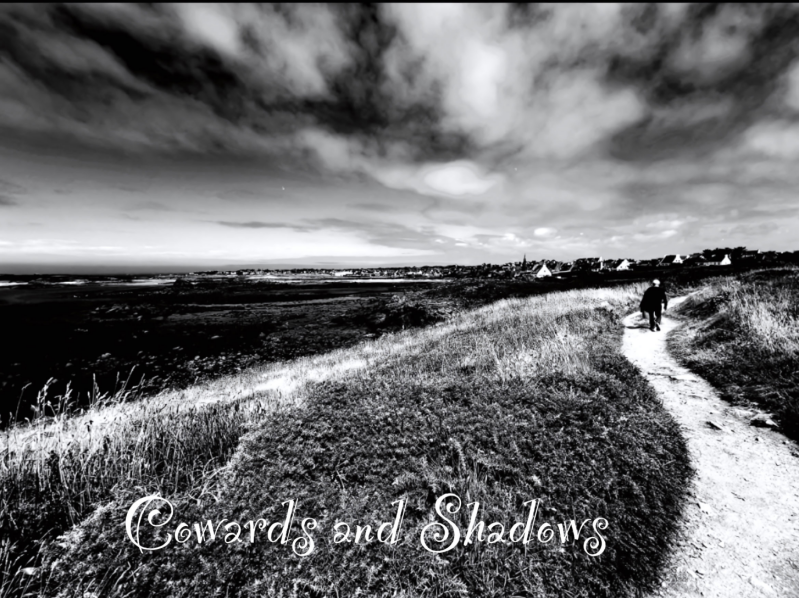
Silence is not neutral. It wounds, it lingers, it reshapes the way we trust the world around us. With “Cowards and Shadows”, Fiona Amaka transforms that silence — the cruel void left by ghosting — into a piece of music that feels less like a song and more like a reckoning.
From its very first chords, the track refuses to soften the experience it portrays. Ghosting is not presented as a trivial heartbreak or a passing inconvenience, but as a mark of our times: the way people dissolve from each other’s lives without explanation, leaving unanswered questions that echo louder than words ever could. Amaka widens the frame, showing how this quiet vanishing is not only about love but seeps into friendships, families, even professional encounters. It is an epidemic of disappearance, and “Cowards and Shadows” stares it down.
The soundscape itself mirrors that tension. Built in collaboration with guitarist and producer Andy Zanini, the arrangement breathes with contrasts — acoustic intimacy colliding with crisp, deliberate production. At the center, Fiona’s voice carries both fragility and defiance. She sings as though each line is a confrontation, as if speaking to those who retreat into silence and holding them accountable without needing to shout. Her delivery makes the invisible visible; it refuses to let the wound stay hidden.
What makes the track resonate so deeply is not only its honesty but its origin. It was first carried on the breath of small London stages, stripped back and vulnerable, shared with rooms of strangers who found their own stories reflected in her words. Those nights revealed something essential: that ghosting, often dismissed as personal weakness, is in fact a collective scar. And when Fiona gave voice to it, people recognized themselves — not as isolated victims but as part of a wider chorus. That communal energy still pulses in the studio version, giving it the feel of testimony rather than confession.
Yet, beyond the cultural commentary, there is something elemental about “Cowards and Shadows”. It is a reminder that absence is not the end of presence. To be ignored does not erase one’s voice; to be silenced does not extinguish expression. By shaping pain into music, Fiona Amaka shows that every shadow carries its own light if we dare to look closely enough.
She does not offer easy answers or neat resolutions. Instead, she presents the experience as it is: messy, unresolved, raw. And in doing so, she allows the listener to step into that uncomfortable space and emerge stronger. Vulnerability here is not weakness — it is a form of courage, an act of resistance against a culture that too often chooses the easy escape of disappearance.
In a time defined by fleeting connections and sudden vanishings, “Cowards and Shadows” insists on permanence. It anchors itself in truth, in presence, in the refusal to let silence dictate the story. Fiona Amaka does not simply sing about ghosting — she dismantles it, giving it shape and sound, and ultimately, robbing it of its power.
What remains is not despair, but resilience. Not just shadows, but the undeniable fire of a voice that will not fade.
Añadir comentario
Comentarios